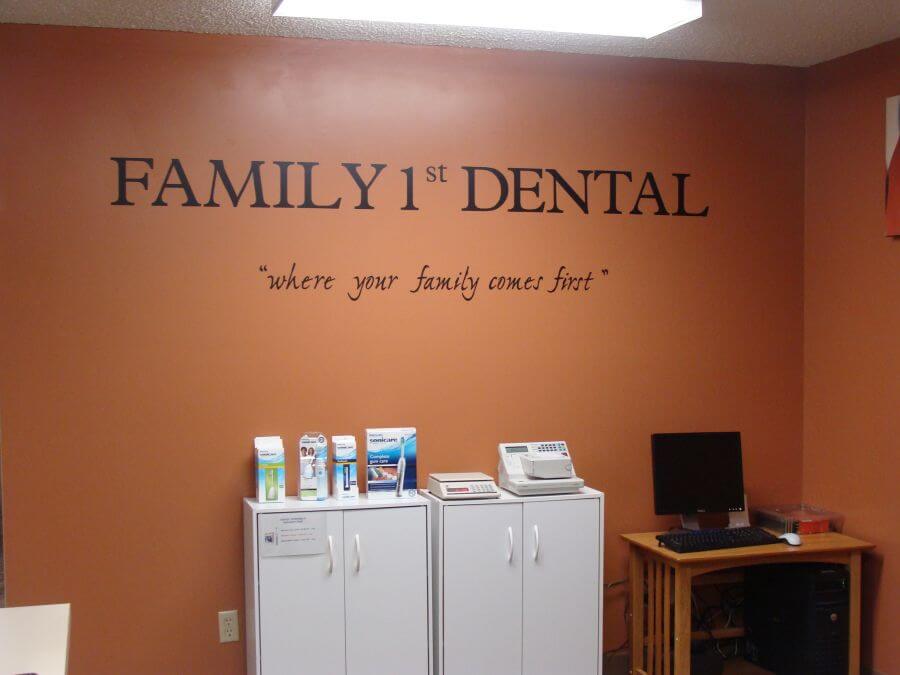
Did you know that according to The American Academy for Oral Systemic Health, oral cancer claims one American life every hour of every day? It’s shocking, isn’t it? At Family 1st Dental of LeMars, we believe in shedding light on crucial facts like these to empower our patients with knowledge and encourage proactive dental care.
- Oral Cancer Strikes More Men Than Women: While both genders are susceptible to oral cancer, studies reveal a striking 2:1 incidence ratio between men and women. This disparity is often attributed to lifestyle factors; men tend to engage in habits like smoking and heavy drinking more frequently than women. Regardless of gender, it’s essential to remain vigilant and undergo regular oral examinations with our experienced Dentists in LeMars.
- 450,000 New Cases Annually: The staggering number of new oral cancer cases each year highlights the pervasive nature of this disease. Chances are, someone you know has been affected by oral cancer in some way. Awareness and early detection are crucial in the fight against this formidable foe.
- Lifestyle Choices Matter: Alcohol and tobacco use significantly increase the risk of developing oral cancer. Studies estimate that approximately 80% of oral cancer patients are heavy smokers, while 70% are heavy drinkers. This sobering statistic underscores the importance of making healthy lifestyle choices and curbing harmful habits to the curb.
- Early Detection Saves Lives: The key to combating oral cancer lies in early detection. With a staggering cure rate of 90% when detected early enough, regular oral exams and prompt medical attention are paramount. Any suspicious changes in your oral health should be promptly addressed by our skilled team in LeMars.
At Family 1st Dental of LeMars, we prioritize your oral health and well-being. Our dedicated team is committed to providing comprehensive care and guidance to help you maintain a healthy smile for life. If you have any concerns or questions about oral cancer or your overall dental health, don’t hesitate to reach out to us. Together, we can work towards a healthier, happier future. Schedule your appointment with us today, and let’s take proactive steps towards safeguarding your oral health.



















